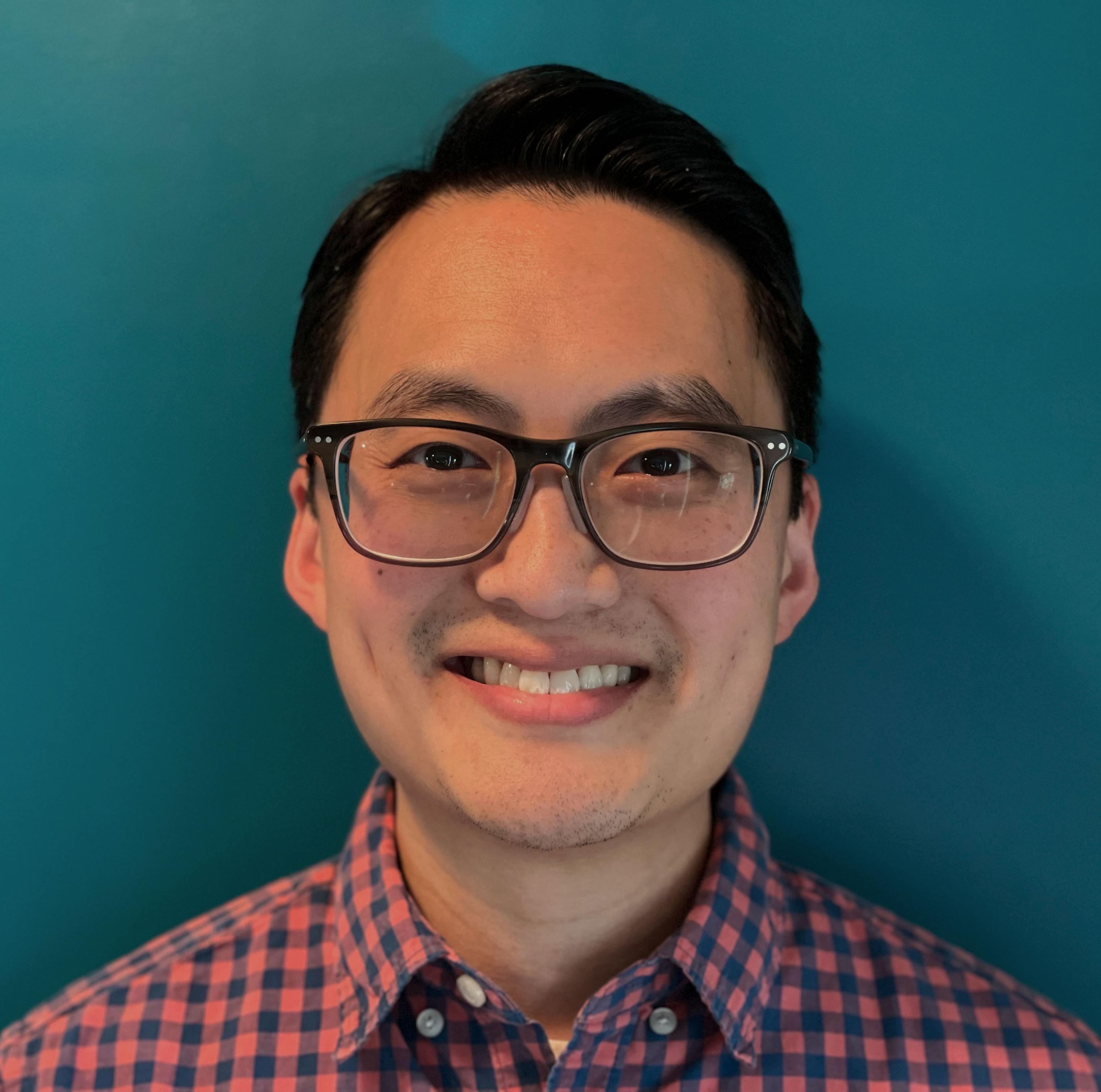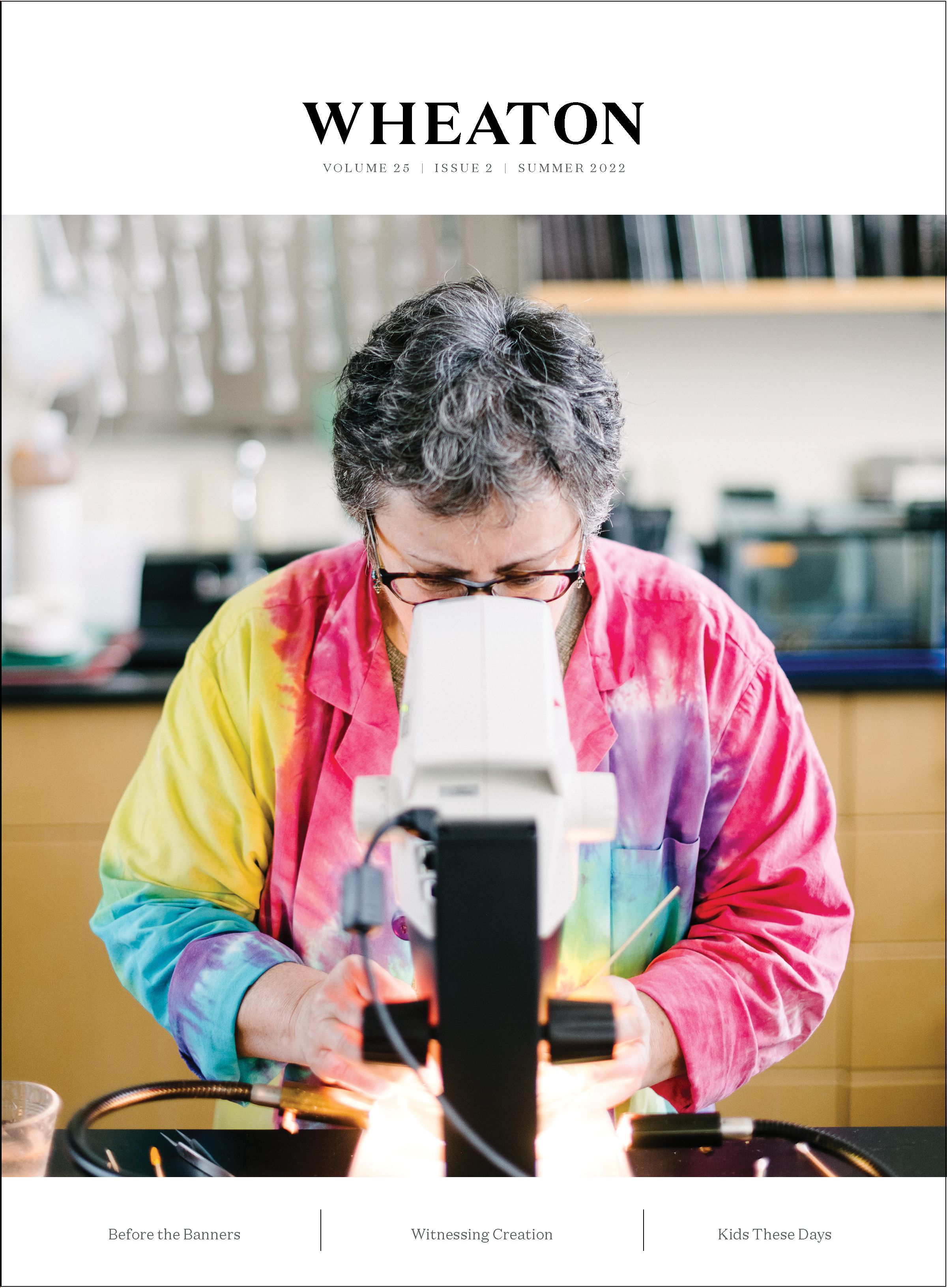An Aspiring Aerospace Engineer Walks into a Missions Conference
The vocational trajectory of Luke Tseng M.A. ’12, Psy.D. ’20 changed forever when he attended Urbana 06 and boldly committed his career to providing mental healthcare to those in missionary contexts.
Words: Ciera Horton McElroy ’17

Luke Tseng is committed to living out the tagline of the Wheaton College Graduate School’s Psy.D. program: “Serving the underserved.”
“There was a period in my life when I just had no idea what I wanted,” said Luke Tseng M.A. ’12, Psy.D. ’20. “I switched majors multiple times.”
What Tseng describes is extremely common for college students: the U.S. Department of Education found that at least a third of college students change their majors in the first three years of their undergraduate journey. It can be hard to discern a vocational calling at such a young age.
During his first two years of college, Tseng studied aerospace engineering, but something was missing. “I just had this urge and sense to leave engineering,” he said. “I felt like God was telling me that there are other things out there for me—something more fulfilling and people-oriented.”
Tseng stumbled across his calling while attending the Urbana Missions conference as an undergraduate. He purposefully walked up to every missions booth and asked the ambassadors a simple question: What is your biggest need?
“What I wanted to do was meet that need,” said Tseng. “Every single organization, to some degree, said, ‘We need more mental health care. We need more people to help our missionaries with member care.’ And I just felt this draw to want to help. That’s when I changed my major to psychology.”
After receiving his undergraduate degree from the University of Illinois, Tseng enrolled in Wheaton College Graduate School to pursue a master’s in intercultural studies, his sights set on moving overseas. He and his wife, Holly, would eventually relocate to the Hunan Province of China with the English Language Institute of China (ELIC). Holly became an English teacher and was awarded by the partnering university for her work.
Tseng’s job was to travel around the area and meet with the non-native English teachers to provide member care. He would sit down with each teacher to assess how they were doing on a personal and emotional level, how their job was going, and what they needed from the organization. “What I did was debriefing work,” Tseng explained. “I was helping them process their experiences with regard to a number of issues like culture shock and team dynamics.”
But this debriefing work was a lot like mental health counseling—which was a big job for someone who wasn’t yet a counselor. “I realized I was ill-equipped,” he said. “I didn’t quite have what I felt like I needed to be able to do that job well. That’s when I decided to come back to Wheaton for a Psy.D. in clinical psychology.”
After 2.5 years serving in China, the Tsengs moved back to the U.S. for graduate school. But those years spent abroad would define Tseng’s academic method and clinical passion. He describes an old-school approach to missions that encourages missionaries to be “hardened,” to “rely on God and prayer” without a support system. This model often leads to high rates of attrition: missionaries who leave the field due to trauma, burnout, and mental health issues that go unchecked.
“One of the reasons I decided to come back to Wheaton was because the Psy.D. program strongly emphasized diversity,” Tseng said. “Their tagline is ‘Serving the underserved.’ In some areas, missionaries are underserved. I wanted to do a bit of research to figure out: What do missionaries really need when they’re experiencing depression or anxiety?”
Tseng drew from his partnership with ELIC for the dissertation and found striking trends among overseas missionaries. The most important finding was the necessity of a local support system for someone who’s transplanted into a cross-cultural setting. If someone moves overseas, they’re uprooted from their home church, sending organization, family, and friends. It’s crucial to find a local network.
Today, Tseng works as a psychologist at Meier Clinics in Wheaton, where he specializes in acute mental health cases and cross-cultural issues. “Anybody who’s had a missionary background, anybody who’s a third culture kid or a missionary kid, anybody who’s immigrated to the U.S.—all of those individuals are people that I see.”
There may have been a time when he didn’t know what he wanted to do with his life, but those days are long gone. Tseng is thrilled to continue working in cross-cultural settings through a Christ-centered lens. “I don’t think that there are coincidences,” he said. “Having heard what I did at the Urbana missions conference, which led me all the way up to this point—that builds my confidence in the sense that this is where I’m meant to be.”
